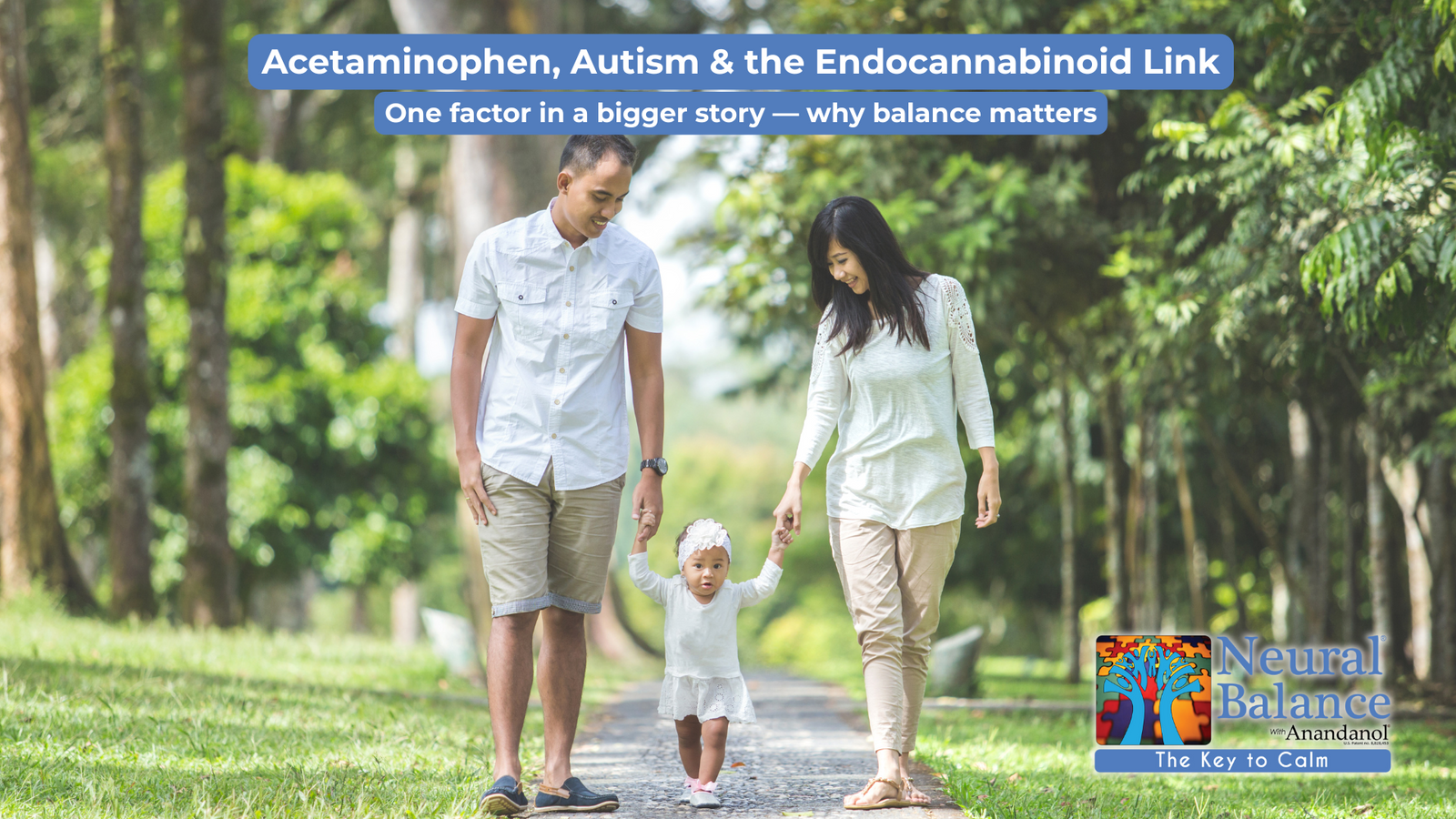
In an era where health is at the forefront of every parent's mind, particularly those of children on the autism spectrum, the intersection of diet, environmental toxins, and wellness cannot be ignored. Recent legislative developments in Illinois spotlight a proactive approach to combating the invisible threats lurking in our everyday foods. This blog post delves into the critical implications of these changes and introduces a supplementary product designed to support our children's health against environmental challenges.
Illinois Senate Bill 2637: A Bold Step Towards Healthier Food Choices
With rising concerns over the safety of food additives, Illinois has taken legislative action that could pave the way for significant changes in the food industry. Senate Bill 2637, championed by Illinois Senator Willie Preston, targets the prohibition of specific chemicals found in popular processed foods, including titanium dioxide, brominated vegetable oil, potassium bromate, propylparaben, and red dye No. 3. These additives, once staples in the production of vibrant candies and robust sodas like Skittles and Mountain Dew, are now under scrutiny for their potential health risks. The bill mirrors initiatives like those already passed in California, focusing on the elimination of substances linked to cancer, metabolic disorders, and other serious health issues. This legislative effort reflects a growing awareness of the need to protect consumers, especially the vulnerable youth, from the long-term effects of these chemicals.
Connection Between Environmental Toxins and Autism
Parents of children on the autism spectrum are particularly vigilant about the influences of environmental factors on health. Recent research underscores a troubling connection between certain food additives and an array of health issues, including developmental delays commonly associated with autism. Substances such as red dye No. 3 and brominated vegetable oil, which are present in numerous processed foods, have been implicated in studies pointing to an increased risk of behavioral and metabolic disorders. For instance, red dye No. 3, widely used to enhance the color of candies and desserts, has been banned in cosmetics due to evidence linking it to cancer in laboratory animals, yet it remains in food products consumed by children.
The Benefits of NeuralBroc Cellular Detox
In a world increasingly aware of the impacts of environmental toxins, particularly on vulnerable populations like children with autism, dietary interventions can play a crucial role in health management. Neural Balance’s NeuralBroc Cellular detox emerge as a significant ally in this effort. These capsules are formulated with a focus on enhancing cellular health and detoxification processes, which are critical in combating the negative effects of harmful chemicals found in many processed foods. Research suggests that sulforaphane can activate the body's natural detoxification pathways, helping to clear harmful toxins and potentially alleviating some behavioral symptoms associated with autism. By promoting cellular resilience, these capsules may aid in protecting against the oxidative stress and metabolic disruptions caused by food additives and environmental pollutants.
Conclusion
The initiative by Illinois to regulate harmful food additives marks a proactive step towards safer food consumption. For parents, especially those of children with autism, understanding and utilizing legislative changes in tandem with nutritional strategies like NeuralBroc Cellular detox can significantly contribute to the well-being of their families. As we move towards a more health-conscious future, it is vital to continue advocating for policies that prioritize public health and support dietary choices that foster overall wellness.







